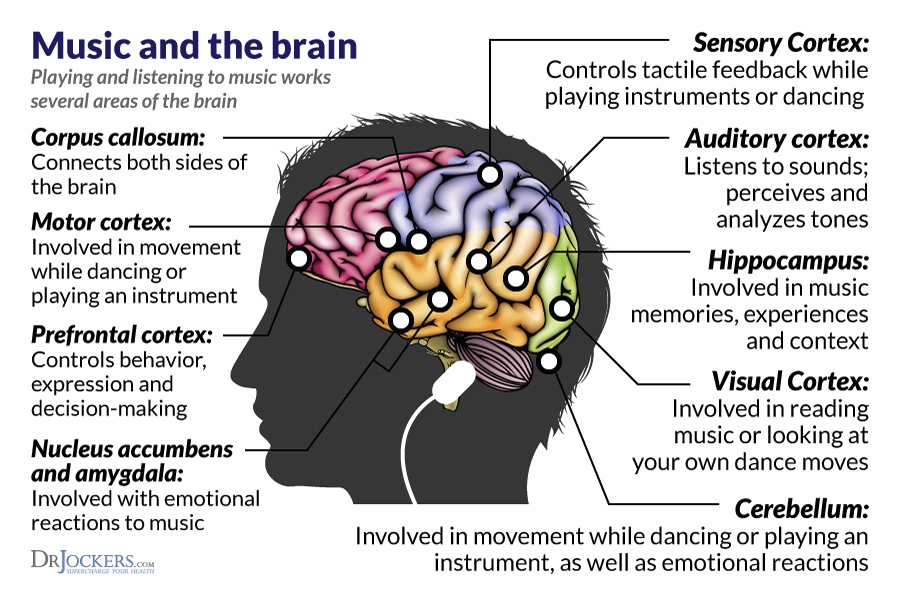Today I would like to write about Music Evoked Nostalgia.
It was the year 2003. Fresh air. Crispy leaves. Late September. It was my first day at my new school. Since I was in a music-class, my grade in music lessons was as important as Maths and German, which was amazing. I HAD to go to music lessons every day. One part of our classes consisted of playing our instruments with a dedicated teacher for each instrument. Another part of the lesson consisted of playing with the whole band and the last part consisted of listening to music. We had to analyze songs and write down how they make us feel and so on. My music teacher – Mr. White – was a big Beatles fan and he usually played the Beatles and Eric Clapton multiple times a week. It was great. He almost never played any new’ and popular music. Everything seemed quite chilled. Nostalgic even.

Fast forward to my last year of uni. While procrastinating, reading books on subjects that I was not studying, and creating way too many playlists on Spotify, I realized that a lot of the music in my playlist really annoyed me, so I decided to start fresh. I wanted to listen to music that others listened to, but it annoyed me. Fun fact: when I was 15, I created a website dedicated to Jay Sean for some Jay Sean fans in Germany. I used to promote it a lot, and people thought that I was the biggest Jay Sean fan, but I just wanted to see how much traffic I could get. Yup. Now I work in digital marketing.
Back to the story. The older I got the more I enjoyed listening to music that was similar to the music that I had to listen to at school. Back then I always wondered why my teacher never played ‘new’ music, but now I understand. The melodies and the music from the past made me feel good. The songs didn’t sound annoying and they reminded me of a breezy, April morning, a walk by the lake, and the taste of peppermint tea with honey.
When I was younger, I really wanted to be Peyton from One Tree Hill. If she was real, she would be working at Spotify. She would be curating the best playlists and discovering the most amazing indie talents. Hire me Spotify.
Music from the ’70s tends to make me feel very nostalgic and that is weird as I was not alive back then. “But Ivy, what is the reason for that and how can that be scientifically explained?” Good that you’ve asked!
When we listen to music, our brain releases dopamine, serotonin, and oxytocin and that makes us feel good. The brain’s visual cortex also starts working and we start connecting certain melodies and sounds to images in our mind. It doesn’t matter whether the images are based on facts or pure imagination. However, not only sounds can transport us back in time. Certain flavors and scents can have a similar effect. Music actually helps us to connect both sides of the brain the logical left hemisphere and the intuitive right hemisphere as seen in the illustration below and this is probably the reason why music helps us to remember times that are far gone.

But why do newer songs, songs that we haven’t heard before make us feel nostalgic?
After trying to find another word for nostalgia, I stumbled across a post in Reddit stating that it might not be nostalgia what we are feeling but ‘hauntology’ – a type of faux nostalgia. A nostalgia for a lost future. The word ‘hauntology’ was first introduced in 1993, by the French philosopher Jacques Derrida. While we can argue for hours about the word that best describes the way we feel, let’s turn to the music. Certain songs that we haven’t heard before can send us down memory lane through the use of certain chords and melodies.
Do you know any songs that have been recorded in this century, but they sound like they are from the last century? An example of that is ‘Feels Like We Only Go Backwards’ by none other than Tame Impala.





